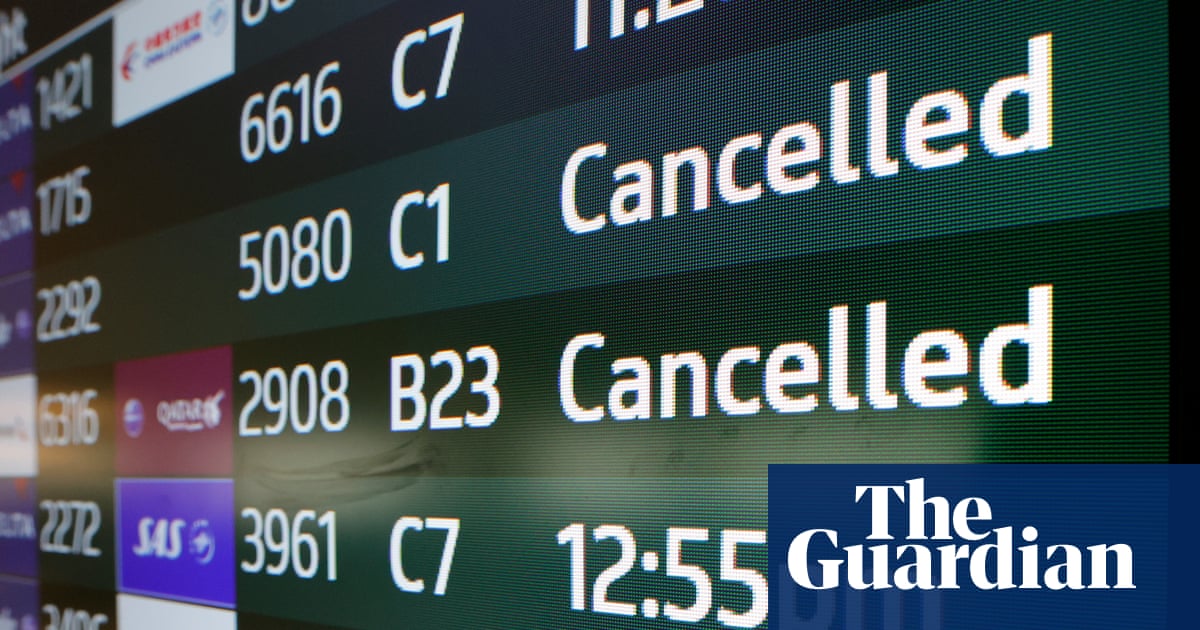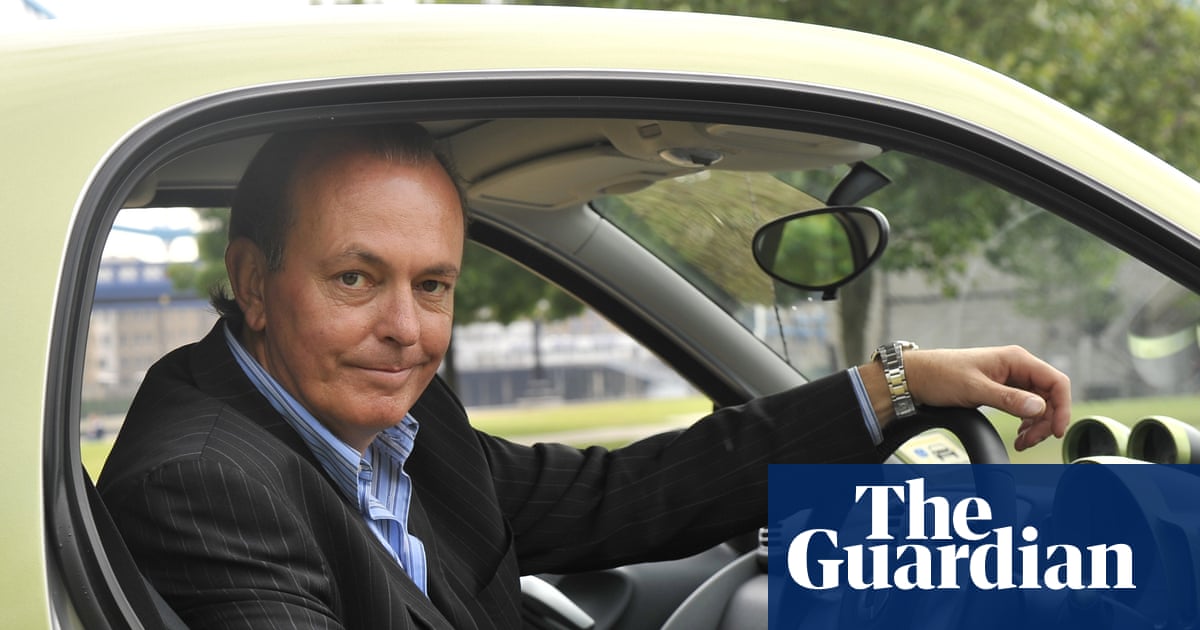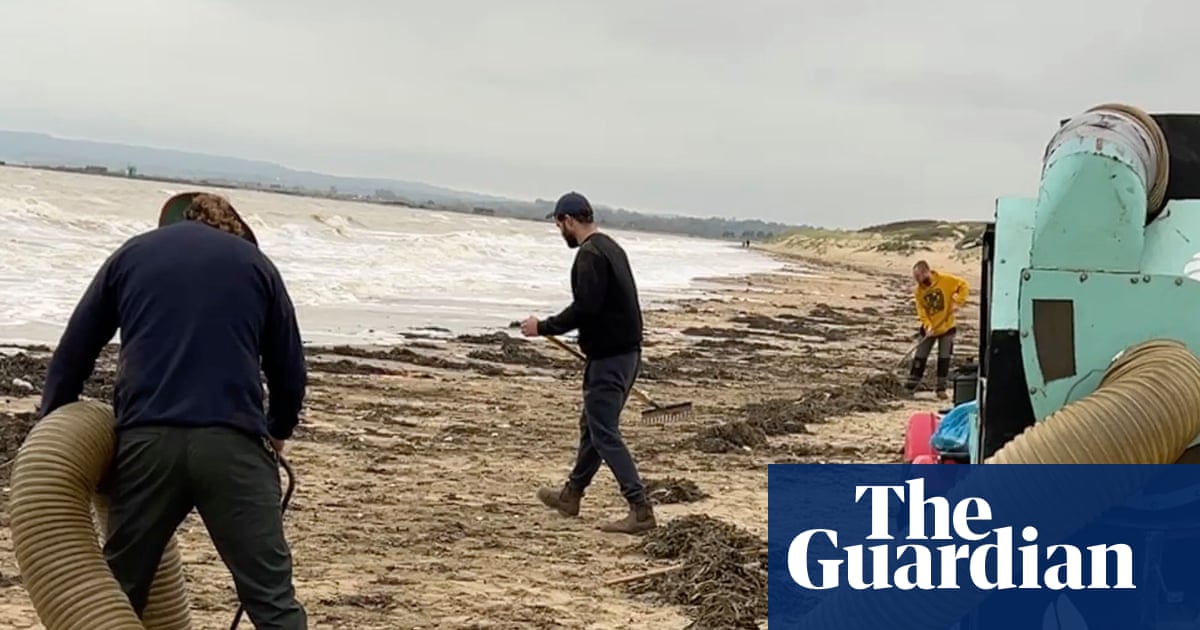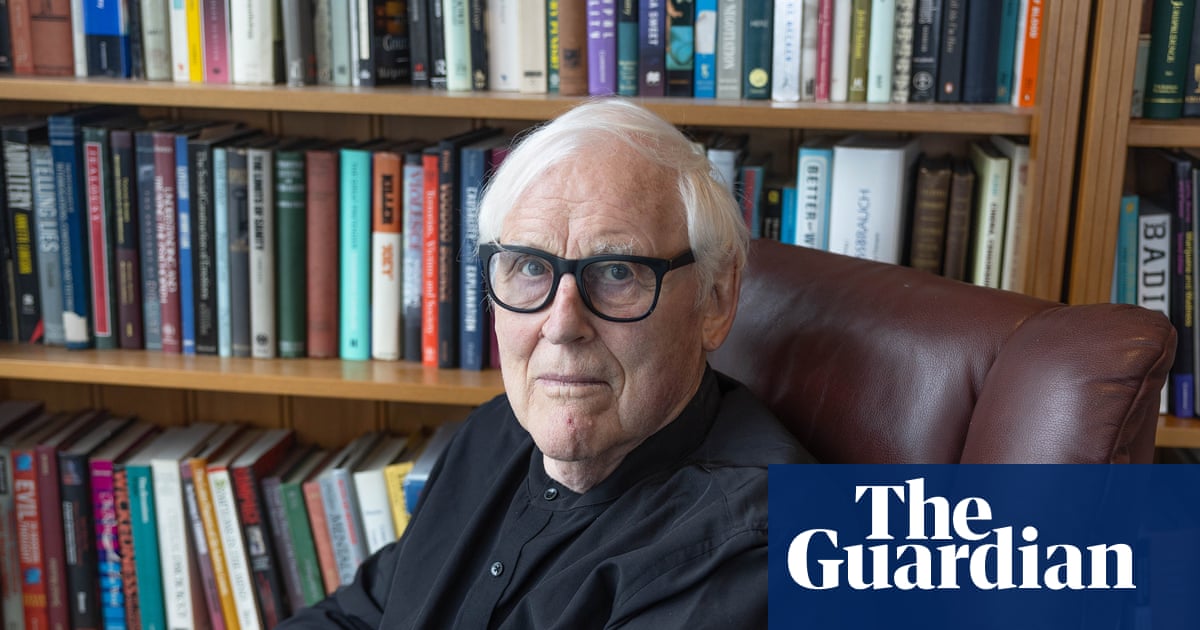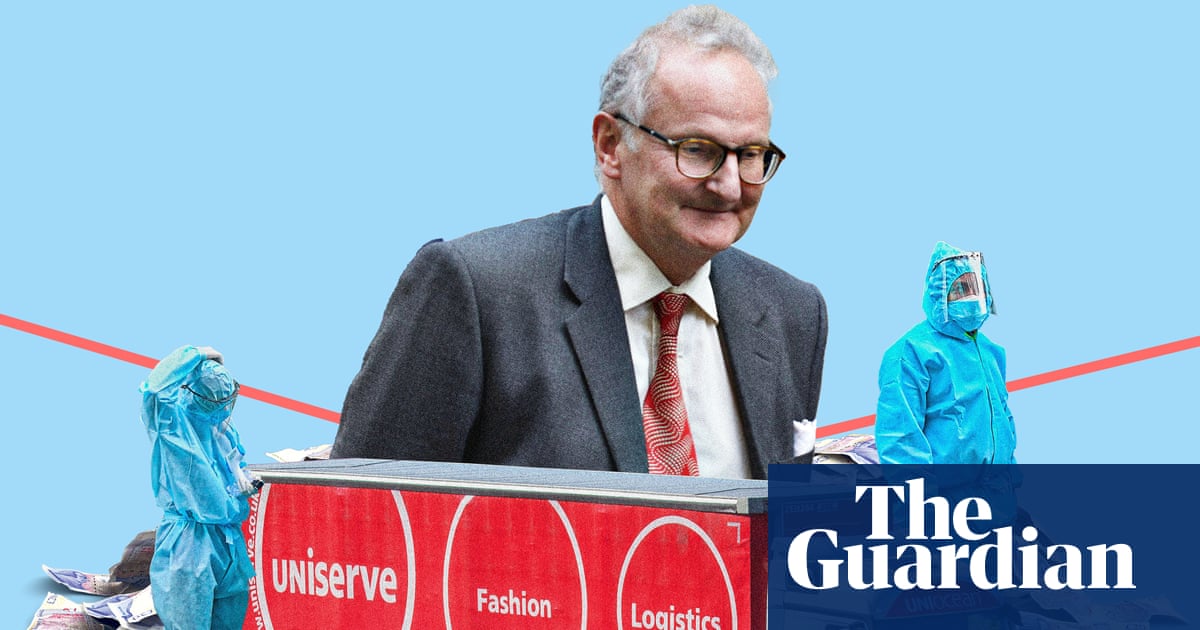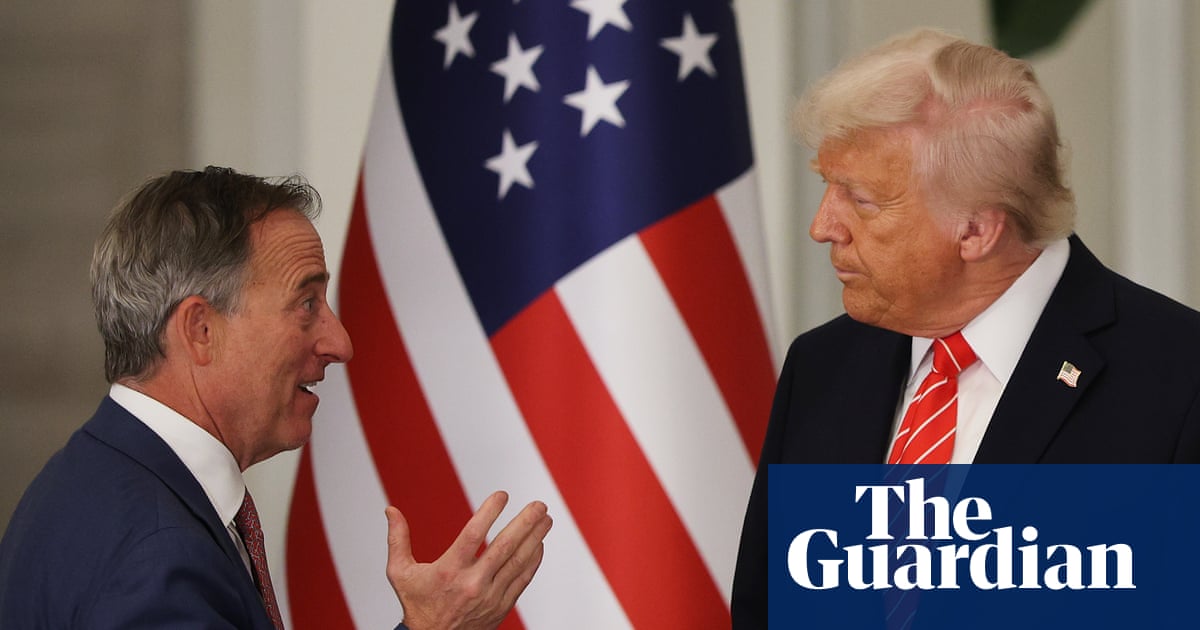During last year’s general election campaign, Reform UK settled on “Britain is broken” as a slogan. This summer, intending to dominate the news agenda during the long Westminster recess, Nigel Farage has decided to ramp up the dystopian rhetoric. “Broken” has morphed into “lawless”, as Mr Farage tours the country deploying language reminiscent of the “American carnage” speech delivered by Donald Trump at his first inauguration in 2017.
Unfounded claims of a huge rise in crime have been breezily tossed out to bolster the assertion that Britain is “facing nothing short of societal collapse”. The crisis of lawlessness on the streets, wrote Mr Farage in a recent article for the Daily Mail, was being compounded by the government-sponsored arrival of “droves of unvetted men into our towns and cities”. Commenting on recent protests outside an Epping hotel accommodating asylum seekers, after a resident was charged with sexually assaulting a local teenage girl, he remarked that the country was close to “civil disobedience on a vast scale”.
According to the Crime Survey for England and Wales – which Mr Farage chooses to ignore but which is the most robust source of relevant evidence – incidents of theft, criminal damage and violence have been in long‑term decline since the 1990s. But Reform’s leader is more interested in sinister mood music than data, as he seeks to foment a feelbad factor.
His aim is to portray a country in which disinterested elites preside over a law and order crisis intimately connected to immigration, and where there is a yearning for an authoritarian response along the lines suggested by Mr Farage. Reform’s pledge to repeal the Online Safety Act, made on Monday at a “Britain is lawless” press conference, underlined its willingness to risk the further pollution of public discourse by disinformation and hate speech.
As the chief constable of Essex reminded Mr Farage last week, after he falsely alleged that police had driven counter-protesters to the site of the Epping hotel, inflammatory talk has real‑life consequences. In an echo of last summer’s riots after the appalling murder of three young girls in Southport, asylum seekers have reported being chased and attacked in the town. Having in many cases fled violent and unstable situations elsewhere, they now fear for their safety again. In Essex, and elsewhere in the country, far-right groups are seeking to create the conditions for another conflagration.
These are worrying developments. But Britain’s social fabric is not unravelling and the country is not on the verge of widespread civil conflict. A year ago, the vast majority of citizens backed a hardline response to the scenes of disorder that took place. Nevertheless, the deputy prime minister, Angela Rayner, was right to argue last week that much more needs to be done to enhance social cohesion in places buffeted by change and starved of resources.
The problem with Mr Farage is that his hyperbolic claims are designed to heighten and sharpen tensions rather than truly address them. For a party that aspires to govern and claims to be in the mainstream, fuelling a sense of insecurity and anger in this way is deeply irresponsible. Britain is still a long way from being Mr Trump’s America, and Reform’s cynical opportunism may fail to yield the political dividends hoped for. But we have been served with another reminder of the darkness at the heart of Mr Farage’s politics.

 3 months ago
224
3 months ago
224
